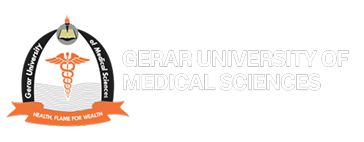
Physiology is a fundamental branch of biology that focuses on the functions and mechanisms of living organisms and their parts.
Cell, Systems, Integrative, Comparative, Exercise Physiology
Foundation of Medical Knowledge: Physiology provides the basis for understanding how the body functions in health and disease, essential for all healthcare professionals.
Physiology is a fundamental branch of biology that focuses on the functions and mechanisms of living organisms and their parts. Within the Faculty of Basic Medical Sciences, physiology is essential for understanding how the body works in health and disease. It encompasses various sub-disciplines that explore the intricate processes that keep organisms alive and functioning.

Imope, Local, Government Area, Ijebu Ode, Ogun State, Nigeria
Email: info@gumed.edu.ng
Tel: +234 812 630 7303